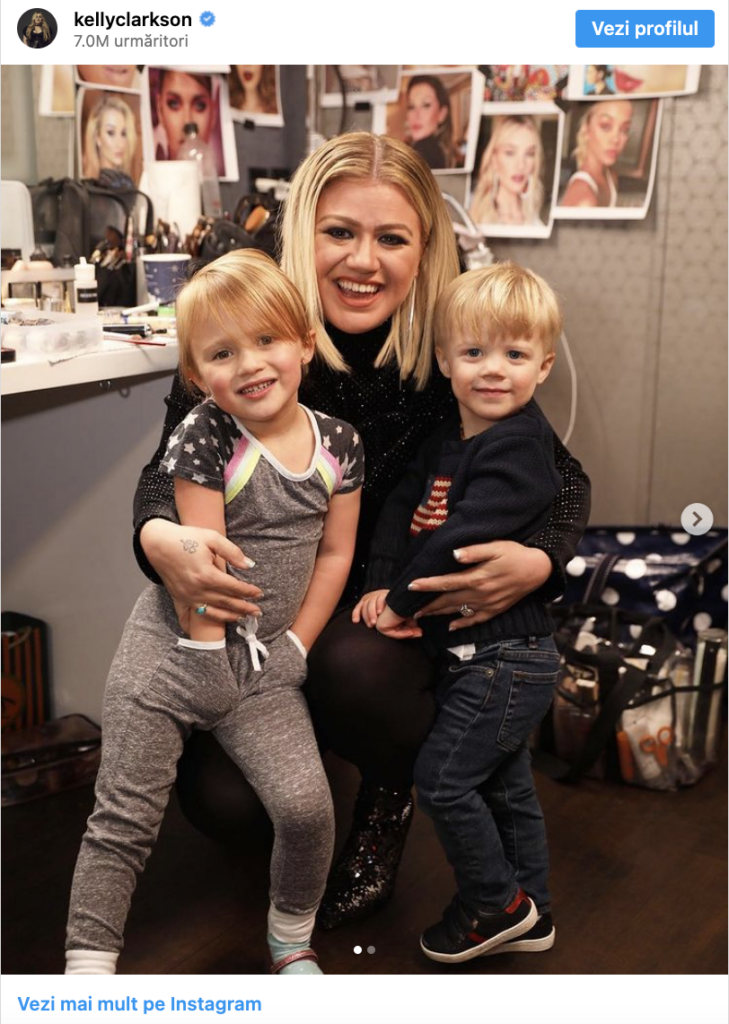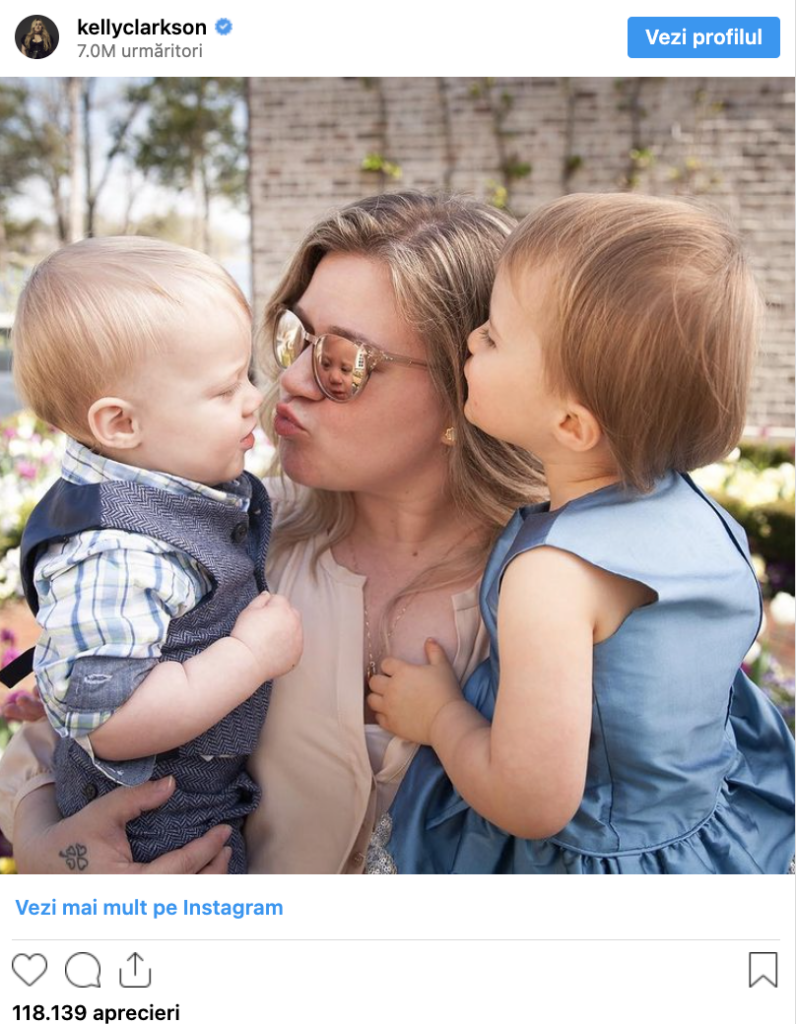Sally Field, an actress who has won Academy, Emmy, and Golden Globe Awards, is well-known for her parts in the films “Forrest Gump,” “Brothers and Sisters,” “Lincoln,” and “Steel Magnolias.”
The 76-year-old actress launched her career in 1965 with the lead part in “Gidget.” She has since made several TV appearances, motion pictures, and Broadway performances.
Field has also been open about her struggles in her personal life. She discusses her stepfather’s sexual abuse of her as well as her battles with depression, self-doubt, and loneliness in her 2018 memoir “In Pieces.”
On November 6, 1946, Sally Field was born in Pasadena, California. Her mother was the actress Margaret Field (née Morlan), and her father was a salesman named Richard Dryden Field. Her mother married actor and stuntman Jock Mahoney following her parent’s divorce. Richard Field, Sally’s brother, and Princess O’Mahoney, her half-sister, are both living.
HER PERSONAL LIFE
Sally Field married Steven Craig in 1968, and they had two sons, Peter and Eli. They divorced in 1975, and she married Alan Greisman in 1984. They had one son together, Samuel, before divorcing in 1994. From 1976 to 1980, she dated Burt Reynolds, a difficult relationship she discusses in her memoir.
She recounts his controlling behavior and how he convinced Field not to attend the Emmy ceremony where she won for “Sybil.” Reynolds actually died just before her book’s release, and in his own memoir, he called their failed relationship “the biggest regret of my life” in his 2015 memoir “But Enough About Me.”
Meanwhile, Fields said they hadn’t spoken for 30 years before his passing. “He was not someone I could be around,” she explained. “He was just not good for me in any way. And he had somehow invented in his rethinking of everything that I was more important to him than he had thought, but I wasn’t. He just wanted to have the thing he didn’t have. I just didn’t want to deal with that.”

These days, Sally Field keeps her Oscars and Emmys in a TV room where she plays video games with her grandkids. So far, Field shows no signs of retiring with her film “Spoiler Alert” releasing next week, as well as “80 for Brady” coming in 2023.
“As an actor, she dared this town to typecast her, and then simply broke through every dogmatic barrier to find her own way — not to stardom, which I imagine she’d decry, but to great roles in great films and television,” said Steven Spielberg, her friend and “Lincoln” director. “Through her consistently good taste and feisty persistence, she has survived our ever-changing culture, stood the test of time and earned this singular place in history.”
Kelly Clarkson Admits To ‘Not Being Above Spanking’ Her Children If They Disobey Her

The happy mother of River Rose, 8, and Remy, 6, Kelly Clarkson, spoke candidly about her thoughts on spanking as a form of child discipline in a radio interview. The topic of parenting styles has been increasingly controversial in recent times due to their diversity and growth.
Being a well-known figure in the entertainment industry, Clarkson recently received recognition for her work with a star on the prestigious Hollywood Walk of Fame. She hasn’t held back when discussing her choice to add slapping to her repertoire of parenting techniques.
She constantly offered evidence to back up her beliefs, pointing to her upbringing and cultural influences.

Support and skepticism have been generated by Clarkson’s statement that she is “not above spanking” her kids in a culture where parenting ideologies are as varied as they are fervent.
“I don’t mean striking her,” she clarified, clarifying that her goal is to employ physical punishment in a regulated way rather than to harm someone. She went on, “I just mean a little spanking.”
However, there are many who disagree with spanking. A reputable organization for child health, the American Academy of Pediatrics, has categorically stated that spanking is counterproductive and may even be detrimental to a child’s health.
Parents continue to choose the conventional method of punishment, despite the fact that the organization’s stance is supported by extensive research and professional consensus.
Kelly Clarkson’s upbringing in the culturally diverse and diversified state of Texas is the reason behind her support for spanking. “We get spankings because I’m from the South, y’all,” she said, highlighting the regional and cultural impacts on her views.
“My parents spanked me, I did fine in life, and I feel fine about it,” she said candidly about her upbringing. She feels that this tactic helped to develop her well-rounded personality and that it was effective in imparting values and character.

However, when examining and critiquing her parenting style, Clarkson recognizes the challenges of reprimanding her kids in public. “It’s challenging to do that in public because people might think it’s inappropriate,” she clarified.
She is adamant that spanking is a valid form of discipline, even in the face of potential criticism. She said, “I believe in spanking, so you might see me spanking my kid at the zoo.”
A warning component is incorporated into Clarkson’s approach to strike a balance between communication and discipline. “Hello, if you don’t stop right now, I’m going to spank you on your bottom,” I said. She said, “This is ridiculous,” emphasizing the significance of candid communication throughout the procedure.
She says that the frequency of undesirable behavior has decreased as a result of this strategy.
The debate surrounding Kelly Clarkson’s method of child discipline is a reflection of broader conversations around human autonomy and different parenting styles. While some could concur with her, others might advocate for different approaches that emphasize non-physical tactics.
Respecting parental choices while taking into account the development and well-being of their children is essential in a community that values candid communication and experience sharing.
Essentially, Kelly Clarkson’s candid admission of her views on spanking has led to a complex discussion that represents the diversity of contemporary parenting ideologies.
Our views on what makes for good parenting change along with society, and different points of view have a place in this lively dialogue to coexist and add to our collective parenting knowledge.



Leave a Reply